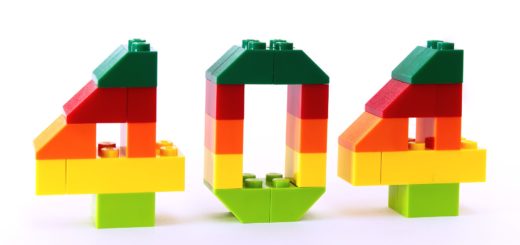Catastrophizing Social Media
It’s easy today to hate on social media. News articles suggest social media causes anxiety, spreads misinformation, and become cesspools of me-to thinking. And not without basis. Various scientific articles have shared these concerns about depression, misinformation, and echo-chambers from usage of social media. Considering the dire warnings from using social media, you would think people would stop using it. Yet, people continue to flock to them, by some estimates over 5 billion people world wide. From older platforms like Facebook and Twitter to newer platforms like TikTok, Clubhouse, and Discord. This begs the question, “If social media is so bad, why do people keep using it?” Is there anything good that comes from using social media? Or is it destructive all the way down.
Catastrophizing
I’m currently reading Fossil Future by Alex Epstein. In this book, he masterfully shows how the discussion about fossil fuels follows a pattern. Scientists make a lot of predictions about the future, but its only the dire predictions that get noticed. In particular, news agencies pick out only the scariest predictions because saying everything will be okay is not very interesting. Coupled with this, news often distorts what the scientists actually said. As these news stories get shared, it creates a feedback loop, encouraging popular and scientific interest in further research into said dire phenomena. This perpetuates a catastrophizing of the fossil fuels by our knowledge system where virtually everyone focuses on the negatives but ignores the often huge benefits.
Alex argues that the usage of this life giving energy source has been disproportionately branded as harmful, particularly in how it might impact global weather. Yet, rarely do we hear about the positive aspects of fossil fuels. This sloppy thinking, Alex contends, leads people to recommend banishment of fossil fuels and promote unreliable sources of energy such as solar and wind.
This same process is happening within social media. Dire stories about depression, misinformation, and echo-chambers may contain elements of truth. But they are missing the positive elements to social media. Just as people continue to use fossil fuels in abundance because of its extraordinary positives, people continue to use social media platforms because of their extraordinary benefits. Yet, where’s the positives in the news? Where’s the positives in science?
Changing the Conversation about Social Media
With these thoughts, I announce one of my latest published articles that aims to change the conversation, if even slightly, toward the positives of social media. In the Journal of Electronic Commerce in Organizations, my latest article shows how usage of social media leads us to be more trusting in general.
I’ll be the first to admit, this article is not my finest work. But the findings are true and worthy of discussion, as the peer reviewers for this journal agreed. The major takeaway is that using social networking sites makes us more optimistic and innovative on those sites, which leads us to trust social media specifically and develop a greater disposition to trust in general. It’s this ability to trust that enables relationships. So, usage of social media sites makes us more able to develop trusting relationships.
There are a whole lot of questions as to how this process works and what can be done about it. Future research should hopefully tackle those questions. However, this article makes a dent in research that proclaims only the negatives. To maintain our objectivity, we should point out that social media is not all horrible and grotesque. Certainly there are problems, but it still provides tremendous value. Let’s not forget that in our rush to catastrophize everything.


